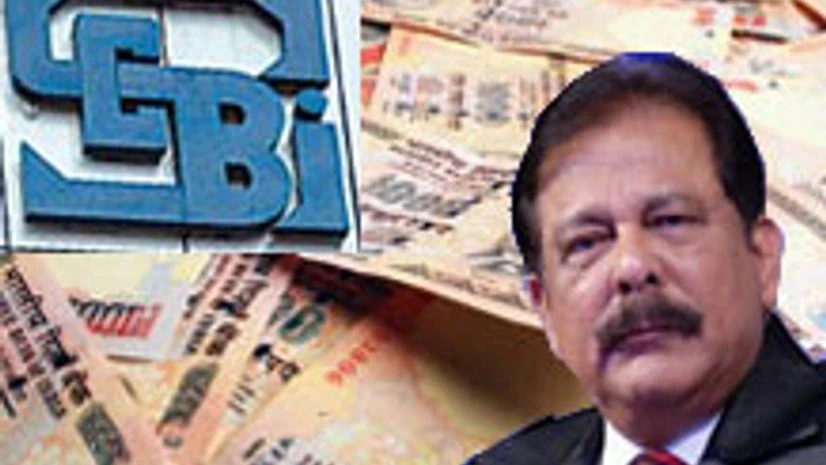In August 2012, the court had directed the firms to deposit the Rs 24,029 crore raised by selling bonds to 29.6 million investors, along with an interest of 15 per cent, with the market regulator. But so far, the companies have paid only Rs 5,120 crore.
The court’s observations were made at a hearing of a contempt petition filed by the Securities and Exchange Board of India (Sebi). In the courtroom, the announcement created flutters in the Sahara camp, as a bank guarantee would entail depositing 100 per cent margin money with the bank. If the group decides against providing the guarantee, contempt proceedings would continue.
Though Sahara tried to offer alternatives, Sebi was not keen. It rejected Sahara’s offer to secure the difference in amount through an immovable property entrusted with a bank trustee. “Either they have to sell their assets and deposit the money in a bank account or give a bank guarantee for the entire amount,” said Arvind Datar, Sebi counsel, adding the regulator didn’t have the manpower or machinery to handle the assets, documents or a third party.
Datar added, “I have been dealing with the group for the past four years. It is not a group playing cricket.” He recalled how the group had not given even a single original document requisitioned by Sebi in the last several months. “Not a single request has been complied with. They claim they have assets worth Rs 60,000 crore now. The dues are only a third.”
Sahara’s offer for a bank trusteeship deal came when the court pinned the group by hinting irrespective of contempt, the group officials could be detained till the order was executed. Judge J S Khehar referred to a 1960s judgment in which “the detention could continue till the execution of order”.
Khehar’s bombshell came after Ariamma Sundaram, the counsel arguing on behalf of Sahara chief Subrata Roy, said Roy wasn’t liable for contempt, citing legal provisions and rules. “We will find a way out,” Khehar said.
The judges expressed displeasure with the way the group had been dragging the matter for years.
Judge K S Radhakrishnan said: “Umpteen opportunities have been given. After going through the facts fully, we have fixed the time. The lawyers who were there when the main matter was argued are not here. Even the amount was fixed based on your affidavit, nothing beyond the affidavit.”
Sundaram tried to explain the group had already repaid most of the money directly to bondholders, and it wasn’t the court’s intention the investor be paid twice. He argued the court was putting the cart ahead of the horse by asking the companies to pay the entire sum.
Khehar explained the effect of the original order in three simple steps. “One, pay back the whole amount to Sebi. Two, give all the documents. Three, let Sebi decide what should go to investors, what should go back to you and what should go to the government. So, the horse has always been ahead of the cart.”
During the course of the hearing, the judges indicated they weren’t interested in punishing anyone; their prime objective was to ensure the order passed by the court was implemented. “The court indicated the Saharas should attempt to purge the contempt and enquired as to what Saharas could offer in this regard. It was indicated by Sundaram that Saharas could provide immovable assets as security, which could be held by a nationalised bank in trust. He also stated the said lands could be sold by the bank if any deficit arose and monies shall be paid to Sebi according to the directions of the court,” the Sahara group said in a statement.
Short history
Sahara firms raised Rs 24,029 crore from 29.6 million bondholders
In August 2012, Court ordered firms to pay the entire sum to Sebi
Sebi was to pay investors after checking credentials
Sahara paid only Rs 5,120 crore to Sebi; told refunded rest directly to bondholders
Court wants Sahara to pay full amount to Sebi

)
